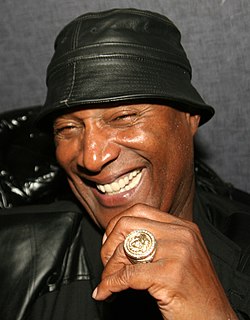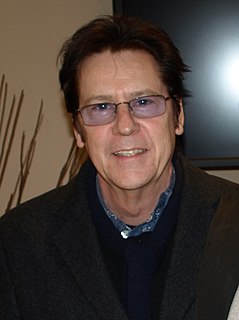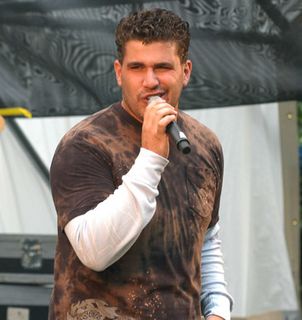A Quote by Margaret Atwood
We thought we had such problems. How were we to know we were happy?
Related Quotes
Bruno opened his eyes in wonder at the things he saw. In his imagination he had tough that all the huts were full of happy families, some of whom sat outside on rocking chairs in the evening and told stories about how things were so much better when they were children and they'd had nowadays. He thought that all the boys and girls who lived there would be in different groups, playing tennis or football, skipping and drawing out squares for hopscotch on the ground. As it turned out, all the things he thought might be there-wern't.'' -The boy in the striped Pajamas
We thought that the odds of things working OK were up in the upper 90 percent or we wouldn't have gone. But the - there were some problems cropped up on the flight but was able to take care of those OK and - although they were things that we hadn't really trained that much for. But it was the time of the Cold War and so there were was a lot of pressure on the - to get going and the Russians were claiming that they were - Soviets were claiming they were ahead of us in technology.
We had a great producing staff and great filmmakers, but for me, my mission , as a producer, was to make sure that the creators were happy with the film Death Note and that their voices were heard. I felt, if the creators were proud and happy with the film, then in turn, the fans would be proud and happy with the film because the creators know the fan base, inside and out.
I had a guy at the Groucho bar clawing at my arm nearly in tears saying that until he saw The Departed he thought Americans were the ones on TV. I didn't know you had accents. I didn't know you had a class system. I didn't know you were like us. To which the answer is, probably only where I grew up, but while we're at it don't watch television and think it's the United States of America.
I was thinking how amazing it was that the world contained so many lives. Out in these streets people were embroiled in a thousand different matters, money problems, love problems, school problems. People were falling in love, getting married, going to drug rehab, learning how to ice-skate, getting bifocals, studying for exams, trying on clothes, getting their hair-cut and getting born. And in some houses people were getting old and sick and were dying, leaving others to grieve. It was happening all the time, unnoticed, and it was the thing that really mattered.
Odd, she thought, how intensely you knew a person, or thought you did, when you were in love - soaked, drenched in love - only to discover later that perhaps you didn't know that person quite as well as you had imagined. Or weren't quite as well known as you had hoped to be. In the beginning, a lover drank in every word and gesture and then tried to hold on to that intensity for as long as possible. But inevitable, if two people were together long enough, that intensity had to wane.






































